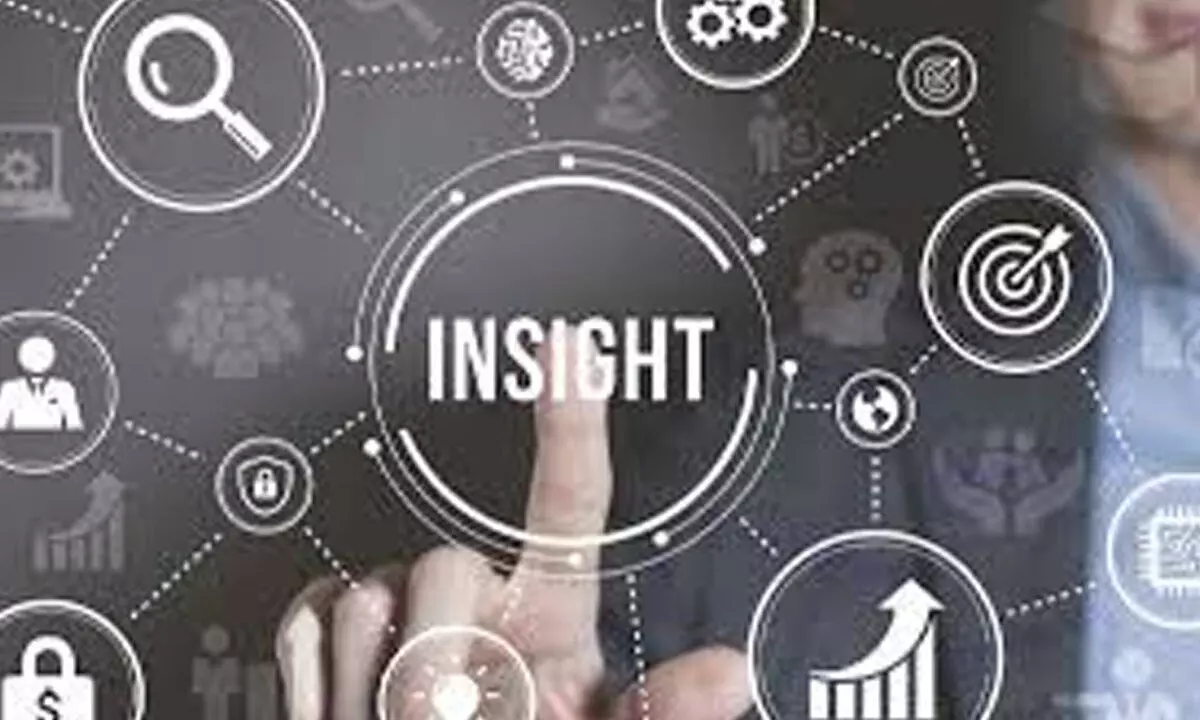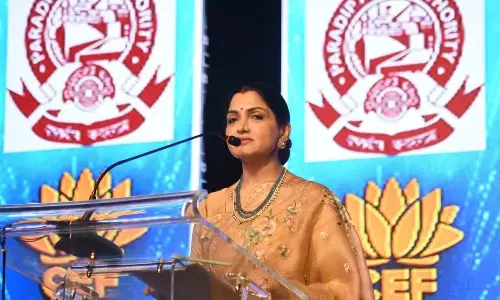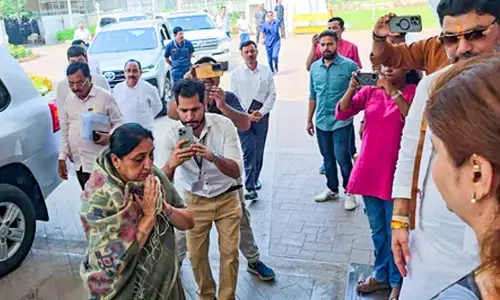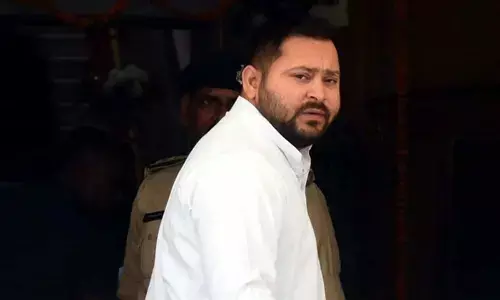From Info Age to Age of Intelligence

It is not too distant in the past that the world witnessed a great transformation resulting from a combination of epoch-making developments – all occurring around the same time at the beginning of the 1990s.
New Delhi: It is not too distant in the past that the world witnessed a great transformation resulting from a combination of epoch-making developments – all occurring around the same time at the beginning of the 1990s. These literally created a ‘new world order’ impacting not only the economy and business but national security and international cooperation as well.
An unprecedented level of ‘globalisation’ was reached in terms of both economic expansion and a universally shared threat to security when the Cold War ended due to the dismemberment of the USSR and the demise of International Communism, the advent of Information Technology revolution also saw springing up of faith-based new global terror rooted in Islamic ‘radicalisation’ represented by Taliban, Al Qaeda and ISIS registered a rising graph. The upswing of terrorism can be traced to the turbulent post-Soviet Afghanistan when Pakistan sent in the Taliban to control that country and facilitated the installation of the Kabul Emirate of Taliban in 1996.
The driving force behind economic globalization, which became the prime characteristic of the post-Cold War world, was the arrival of Information Technology (IT) that enabled instant communication across geographical boundaries to set new norms of entrepreneurship and competition - permitting a ‘smart’ player to take on its much larger and more resourceful rivals from any part of the globe.
‘Smartness’ lay in producing more per unit of resource that IT helped in and businesses were compelled to study both market trends as well as use of technology to stay in competition. Intelligence by definition is the information that enables you to see what lies ahead and since this could be gleaned out of an analysis of the enormous amount of data that was being put in the public domain regularly, corporates willingly invested in a set-up that would produce Business Intelligence for them.
Intelligence is a word normally used in the context of national security but the applied version of it is now not only a part of the business world but ‘being well informed’- which was the mandate of the Age of Information - has also become a means of running personal and family life on a note of success. Ignorance cannot be defended anymore and an awareness of what the socio-economic scene and even the crime situation was like, would be a factor in keeping one safe and secure.
It is the duty of the State to keep the citizens safe and there is a certain expectation from the people that they would contribute to this mandate, too. Fundamental Duties defined in the Constitution have acquired a newfound importance in the context of India’s internal security.
It can be said that just as the world transited from the Industrial Age to the Age of Information in the early Nineties, it is now shifting to the Age of Intelligence because for nations, organisations and even individuals, perceptions of ‘what lies ahead’ are becoming even more important in the light of new geopolitical developments, the economic situation in the world and at home and the changing security scenario at the global and national levels.
The Age of Information created the ‘knowledge economy,’ gave a new dimension to the process of making a decision and underscored the importance of Intelligence which by definition is information of special value since it gave a peep into what opportunity or risk was there on the horizon. Knowledge is analysed information, Intelligence is futuristic information and decision-making requires information that bridges the gap between ‘guesswork’ and the ‘reality’. A global mindset is an essential trait required for the successful handling of business today – it has always been needed in the sphere of national security- because a rival or adversary could be operating from anywhere across the geographical frontiers.
Finally, in the Age of Information, competent analysis of facts garnered from the public domain has acquired newfound importance because the enemy or the rival leaves enough footprints in the social or cyber media even while using the latter covertly. This in fact is an exercise of Intelligence generation as the analysts can possibly read the intention of the opponent for the future. The march to the Age of Intelligence is being fast-paced by the advances that Information Technology has made towards applications of Artificial Intelligence in the spheres of innovation, business and security.
Within the input-output principle that governs all transactions in the digital world, AI has emerged as the enabling instrument for the instant processing of a billion data to produce findings that would be humanly impossible to reach. What is of concern about AI applications, however, is that apart from data processing, they enable simulation of voice, photo identity and even personal behaviour including choices exercised by the individual, to generate fake versions that could be used for ‘misinformation’, fraud and political purposes like image bashing and influencing the electoral process.
AI has produced the phenomena of ‘Machine learning’, ‘Deep learning’ and ‘Natural language process’ but it has to be remembered that the so-called ‘Computer vision’ is still rooted in ‘pattern’ reading and use of ‘key’ words. ‘Intelligence’ produced through this route is confined to a limited ‘predictability’ of human conduct based on analysis of personal data.
The versatility of thought that the human mind can command while examining a situation, the ‘imagination’ that it can invoke in seeing what lay beyond the data in front and the quality of human ‘empathy’ it can use in decision-making is what would distinguish Human Intelligence from Artificial Intelligence. This is not to underplay the epoch-making promise of the human good that AI as an ultimate advancement of IT, has offered.
The fact is that AI is a further milestone in the world’s progress from the ‘Age of Information’ to the ‘Age of Intelligence’. There is little doubt that the legitimate growth of AI is putting health care, education, innovation, productivity and Human Resource development on an entirely new pedestal and helping the larger good of the world.
There have been some concerns about possible job losses, particularly in the white-collar segment but what is on the anvil is that businesses are going to get more efficient, diversified and stable through AI applications without necessarily reducing their manpower.
The call for global AI regulations is already emerging as a major requirement and this matter has figured prominently at G20 and other international platforms like the APEC Summit because of the fear of misuse of weapon automatisation and the danger of malcontents and terrorists using technology to plan and execute operations including cyberattacks. The use of AI by Israel to identify and locate Hamas targets in Gaza is an illustration of its application in defence. India is rightly at the forefront of efforts to put AI applications for the larger good of humanity and prevent their destructive fallout at the same time. It has just hosted an international conference in Delhi to deliberate on various aspects of AI.
(The writer is a former Director of the Intelligence Bureau. Views are personal)














